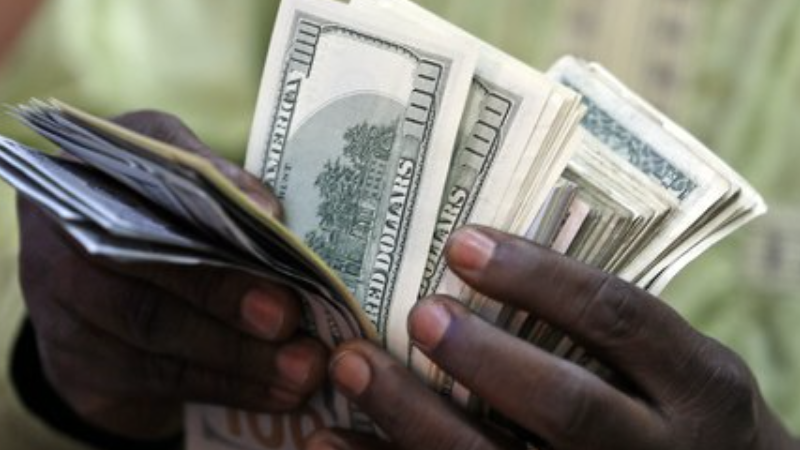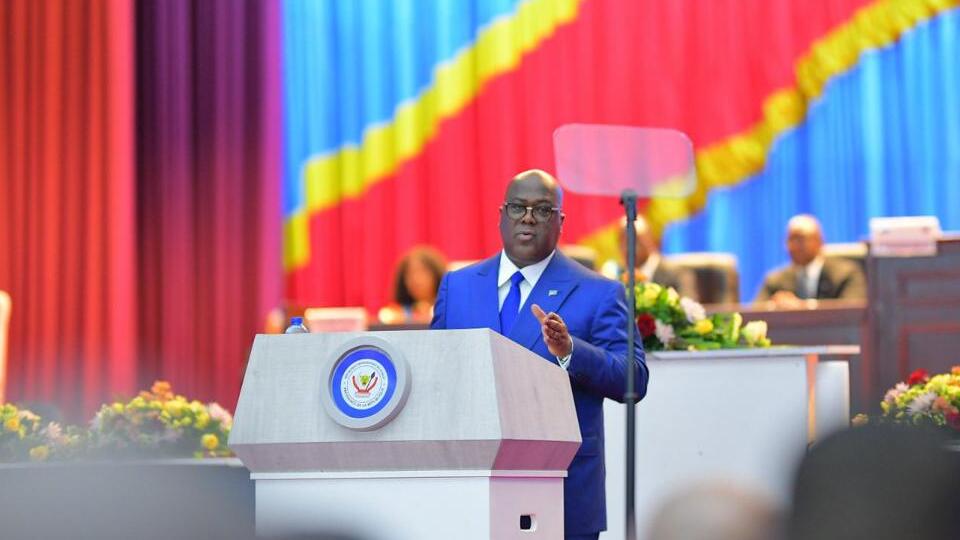
Africa faces its hidden treasure of $4 trillion
According to the Africa Finance Corporation (AFC), Africa has an underutilized pot of nearly $4 trillion in internal self-financing. This is an ignored treasure , trapped by stifling regulations, overlapping financial markets, and timid financial governance. This article explores this trapped pot, pinpoints responsibilities, and calls for radical reforms.
A colossal deposit... which lies dormant
The Africa Finance Corporation estimates that the continent has "untapped self-financing potential" of nearly $4 trillion. This windfall comes primarily from assets held by: African commercial banks (approximately $2.5 trillion), pension and retirement funds ($455 billion), insurance companies ($320 billion), public development banks and sovereign wealth funds (approximately $400 billion), and government foreign exchange reserves ($473 billion).
These sums do indeed exist. But they lie dormant, confiscated in short-term investments outside the continent, due to a lack of suitable long-term financial vehicles.
Why this waste?
Overly restrictive regulations
African institutional investors, often forced to prioritize short-term security, devote barely a fraction of their assets to real projects, due to overly rigid regulations and a lack of suitable instruments.
Africa has an untapped self-financing potential of $4 trillion according to the AFC https://t.co/H4byhMFng1 pic.twitter.com/iOVl4WauGx
— Agence Ecofin (@agenceecofin) June 28, 2025
Market fragmentation
Development banks and sovereign wealth funds suffer from a vague definition of their mandate and a lack of coordination, limiting the impact of their financing.
Perceived Risk Syndrome
Excessive fear of risk and aversion to default are hampering allocation to infrastructure, casting a shadow over initiatives that are strategic for the continent's transformation.
The promise of an infrastructure revolution
Mobilizing this $4 trillion would finance roads, energy networks, digital technology, and sustainable industrialization. The AFC calls for stronger, more integrated African financial markets capable of attracting local savers and the diaspora. The idea: to create specialized investment vehicles capable of capturing long-term savings and channeling them toward major projects.
This change involves radical reforms:
-
harmonize national regulations to facilitate cross-border investments;
-
strengthen local stock market institutions and promote transnational listing (ASEA, AELP initiatives);
-
relax constraints on pension funds and insurers;
-
encourage economic formalization, particularly through financial inclusion (80% of African employment is informal).
The qualitative leap is possible… but not inevitable
The AFC's diagnosis is clear: the continent has the means to finance its own destiny. All that remains is to transform financial raw material into economic stimulus. A shock of governance and political will is needed. Without this, Africa will continue to fish in troubled waters, dependent on external debt and multilateral donors.
The alternative is clear: an integrated, dynamic African financial ecosystem capable of investing in its future. Otherwise, the 4 trillion will remain a mirage, and Africa a continent of unfulfilled promises.



Leave a comment
This site is protected by hCaptcha and the hCaptcha Privacy Policy and Terms of Service apply.